My entire soul is a cry, and all my work the commentary on that cry
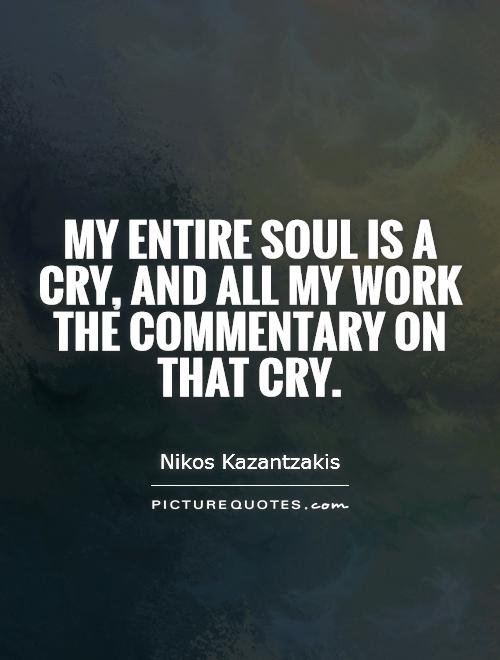
My entire soul is a cry, and all my work the commentary on that cry
Nikos Kazantzakis, the renowned Greek writer and philosopher, is perhaps best known for his novel "Zorba the Greek" and his epic poem "The Odyssey: A Modern Sequel." Throughout his works, Kazantzakis delves deep into the human experience, exploring themes of existentialism, spirituality, and the search for meaning in a chaotic world.The quote "My entire soul is a cry, and all my work the commentary on that cry" encapsulates the essence of Kazantzakis' writing. It speaks to the raw emotion and passion that infuses his work, as well as the profound sense of longing and yearning that permeates his characters' journeys.
Kazantzakis was a deeply spiritual man, grappling with questions of faith, doubt, and the nature of existence. His writing often reflects his own inner turmoil and quest for meaning, as he explores the complexities of the human condition. In his novel "The Last Temptation of Christ," Kazantzakis reimagines the life of Jesus Christ, portraying him as a flawed and conflicted figure struggling to fulfill his divine mission. This portrayal of Christ as a human being with doubts and fears resonated with many readers and sparked controversy within the religious community.
In "Zorba the Greek," Kazantzakis introduces us to the larger-than-life character of Alexis Zorba, a free-spirited and passionate man who embodies the joy of living in the moment. Through Zorba, Kazantzakis celebrates the beauty of the human experience, while also acknowledging the pain and suffering that are an inherent part of life.
Kazantzakis' work is a testament to the power of the human spirit to endure and transcend adversity. His characters grapple with their own inner demons and external challenges, but ultimately find a sense of purpose and meaning in the face of adversity. Kazantzakis' writing is a reflection of his own struggles and triumphs, as he seeks to make sense of a world that is often chaotic and unpredictable.
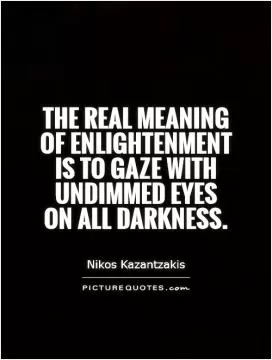
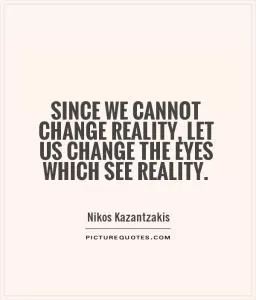

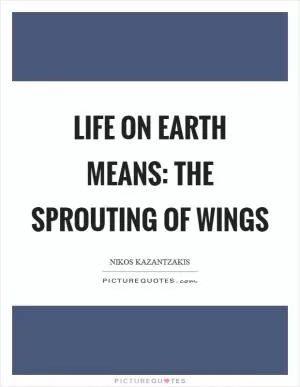




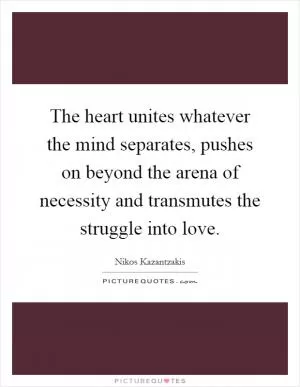



 Friendship Quotes
Friendship Quotes Love Quotes
Love Quotes Life Quotes
Life Quotes Funny Quotes
Funny Quotes Motivational Quotes
Motivational Quotes Inspirational Quotes
Inspirational Quotes